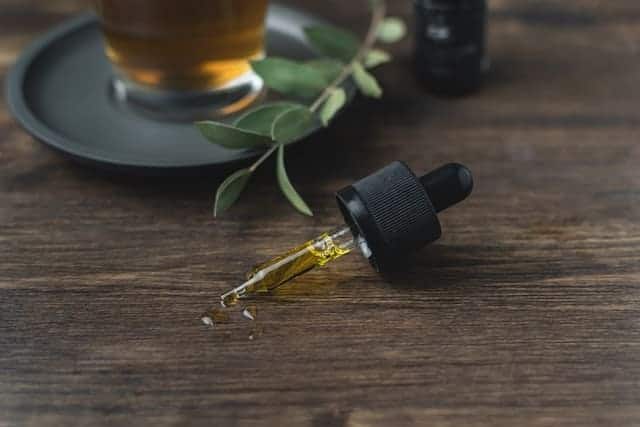In recent years, the popularity of cannabis-derived compounds has been on the rise, with CBD (cannabidiol) and delta-8 THC (delta-8-tetrahydrocannabinol) leading the pack. As their popularity grows, it’s key to understand the main differences between these two compounds, especially in terms of their interactions with the endocannabinoid system (ECS) and their overall effects.
Let’s dive deeper into the differences between CBD and delta-8 THC, so you can make an educated decision which cannabinoid may be best for you.
The Basics: CBD vs Delta-8 THC
CBD and delta-8 THC are both naturally occurring cannabinoids found in the cannabis plant family. While CBD is primarily derived from hemp, a strain of cannabis containing 0.3% or less THC, delta-8 THC is a minor cannabinoid found in both hemp and marijuana (cannabis plants containing more than 0.3% THC).
That being said, the vast majority of delta-8 THC products sold are produced using hemp and CBD. delta-8 is actually made by converting CBD, so ultimately delta-8 for use is made from hemp plants.
Chemical Structure and ECS Interaction
Although CBD and delta-8 THC have similar molecular structures, they interact with the ECS differently. The ECS is a complex cell-signaling system that plays a crucial role in regulating various physiological processes, like mood, appetite, pain signaling, and immune system response.
CBD is thought to have a fairly weak affinity for the CB1 and CB2 receptors, the primary receptors in the ECS, meaning it may not bind directly with receptors. Instead, CBD is believed to modulate the ECS “indirectly” by inhibiting the enzyme responsible for breaking down anandamide, an endocannabinoid that plays a role in mood regulation and pain relief. By doing so, CBD increases the levels of anandamide in the body, leading to its many potential benefits.
On the other hand, delta-8 THC is a thought to be a partial agonist of the CB1 receptor, which is predominantly found in the brain. This interaction results in psychoactive effects, which users have compared to traditional THC or delta 9 THC (the primary psychoactive compound in marijuana), with a less potent effect. Although more research is needed, it is thought the partial activation of the CB1 receptor by delta-8 THC is responsible for the less potent high experienced by users.
Psychoactive Effects
The most significant differences between CBD and delta-8 THC lies in their psychoactive properties. CBD is non-psychoactive, meaning it doesn’t produce the “high” associated with marijuana use. This makes it an appealing option for those seeking potential therapeutic benefits without the mind-altering effects of THC. Many people turn to CBD for things like pain management or anxiety relief, or to simply find some relaxation in a natural way.
delta-8 THC, however, is psychoactive but according to users produces a milder high compared to its more well-known cousin, delta 9 THC. Consumers of delta-8 THC often describe its effects as a clear-headed, less intense high with reduced anxiety and paranoia. This “mild high” makes delta-8 THC an attractive option for those seeking a less potent psychoactive experience compared to traditional marijuana. Think of a potential middle ground between CBD and traditional THC, and you have delta-8.
Delta-8 Legality
The legal status of CBD and delta-8 THC varies depending on the jurisdiction of where you are. In the United States, cannabinoid-based products made from hemp and containing 0.3% or less THC are legal at the federal level, thanks to the 2018 Farm Bill.
delta-8 THC occupies a more complicated legal space. Although it’s technically legal under the 2018 Farm Bill if derived from hemp, many states have banned or restricted its sale and use. Be sure to check your state’s laws before purchasing or using delta-8 THC.
As of April 23, 2023, the following U.S. states have implemented some restrictions on Delta-8 THC:
- Alaska
- Arizona
- Arkansas
- Colorado
- Connecticut
- Delaware
- Idaho
- Iowa
- Kentucky
- Louisiana
- Maryland
- Michigan
- Mississippi
- Montana
- Nebraska
- New Hampshire
- New Jersey
- New York
- North Dakota
- Ohio
- Oregon
- Rhode Island
- South Dakota
- Utah
- Vermont
- Washington
Please note that this information is accurate as of April 23, 2023. State regulations on delta-8 THC may change over time, so it is important to keep up-to-date with the latest information for your state and county.
If you are looking for the most up to date information regarding delta-8 THC, check the Real Tested CBD delta-8 Resource Center.
Most Recent Tested products

















Leave a Comment